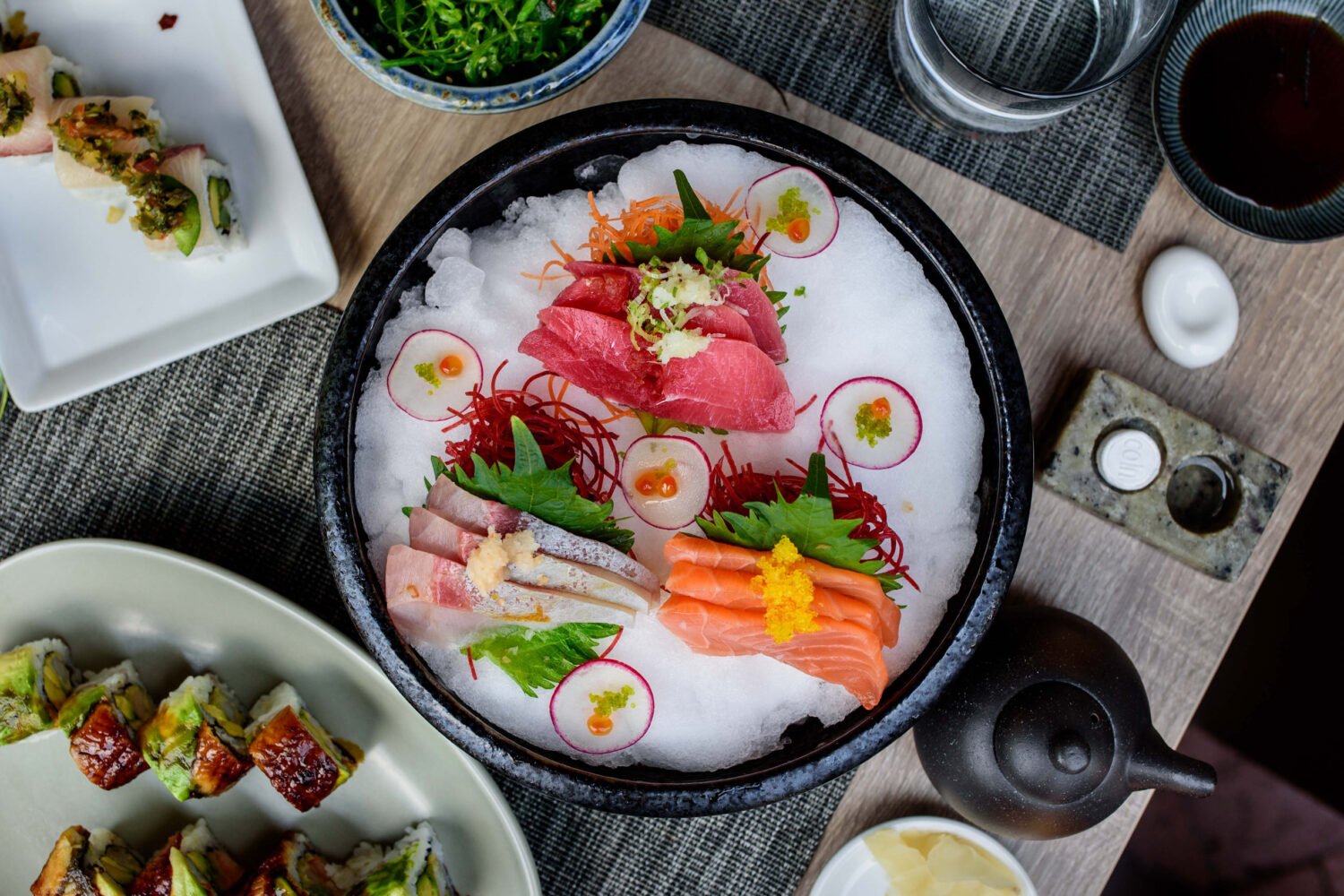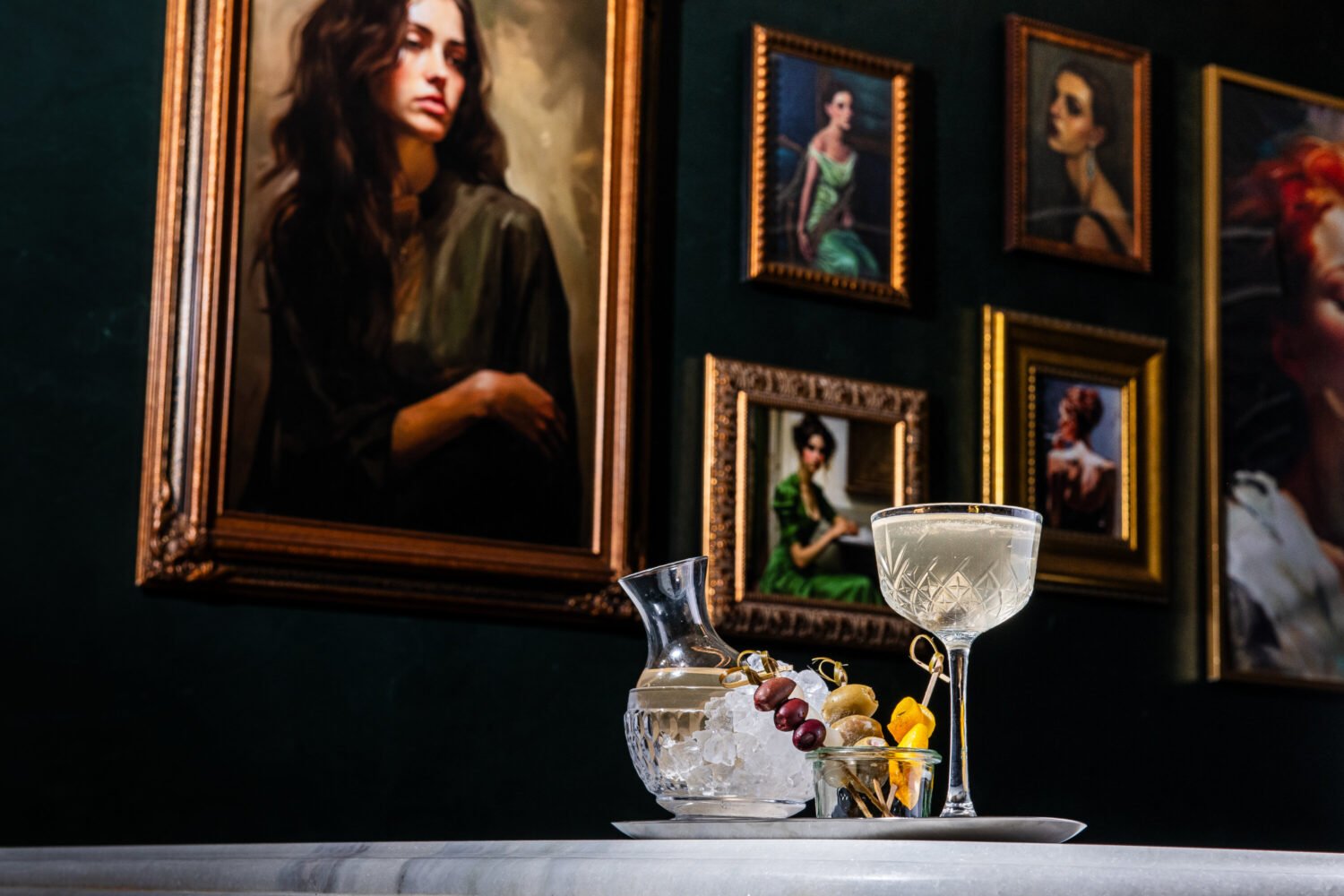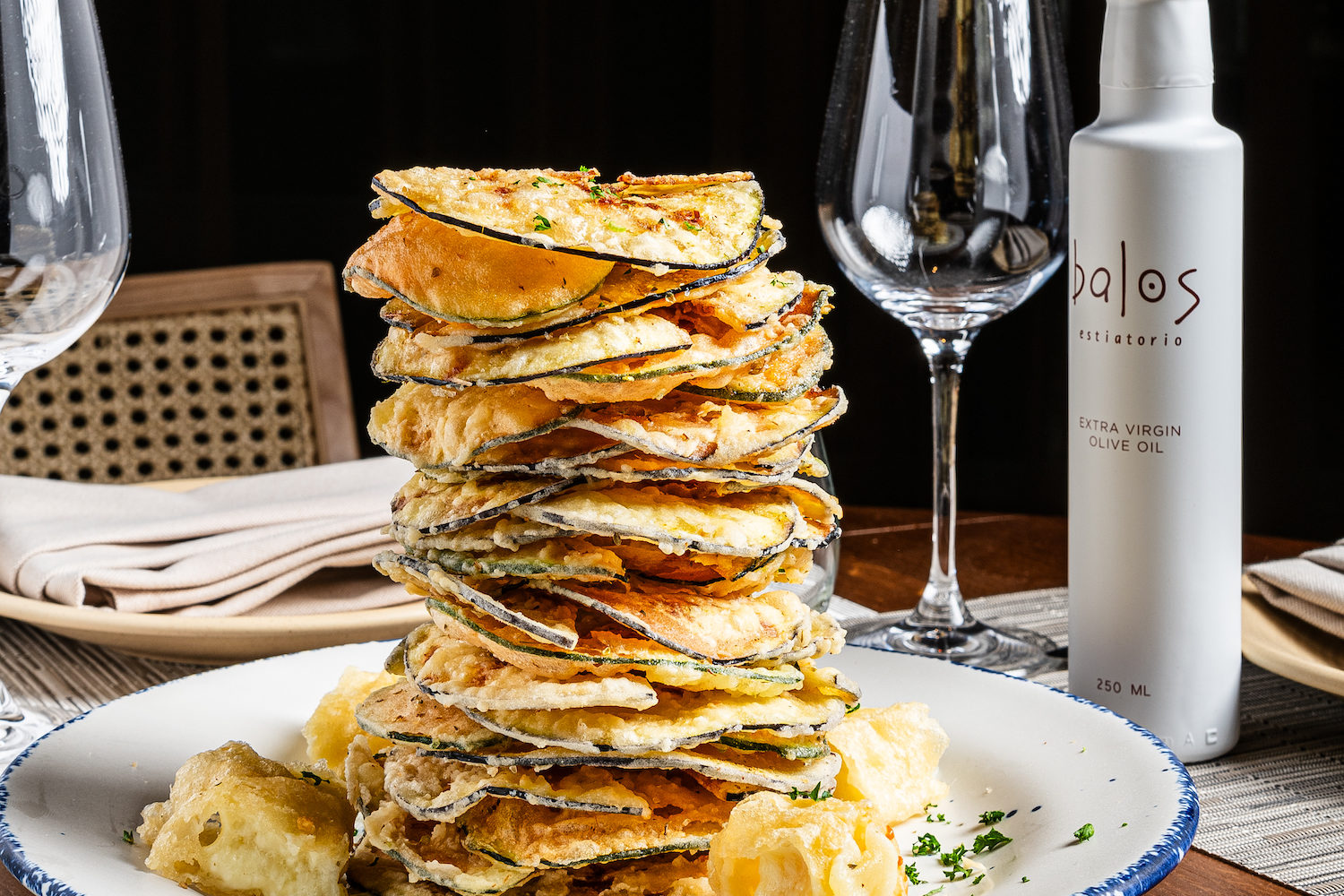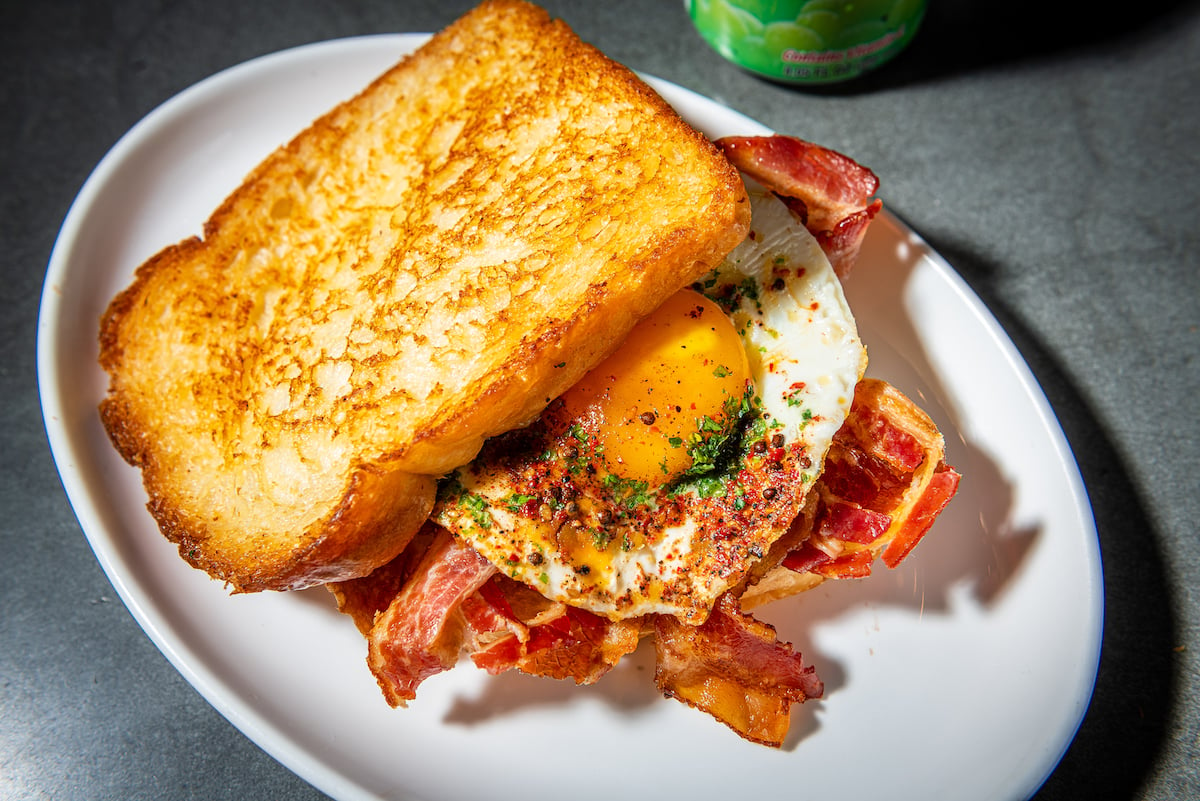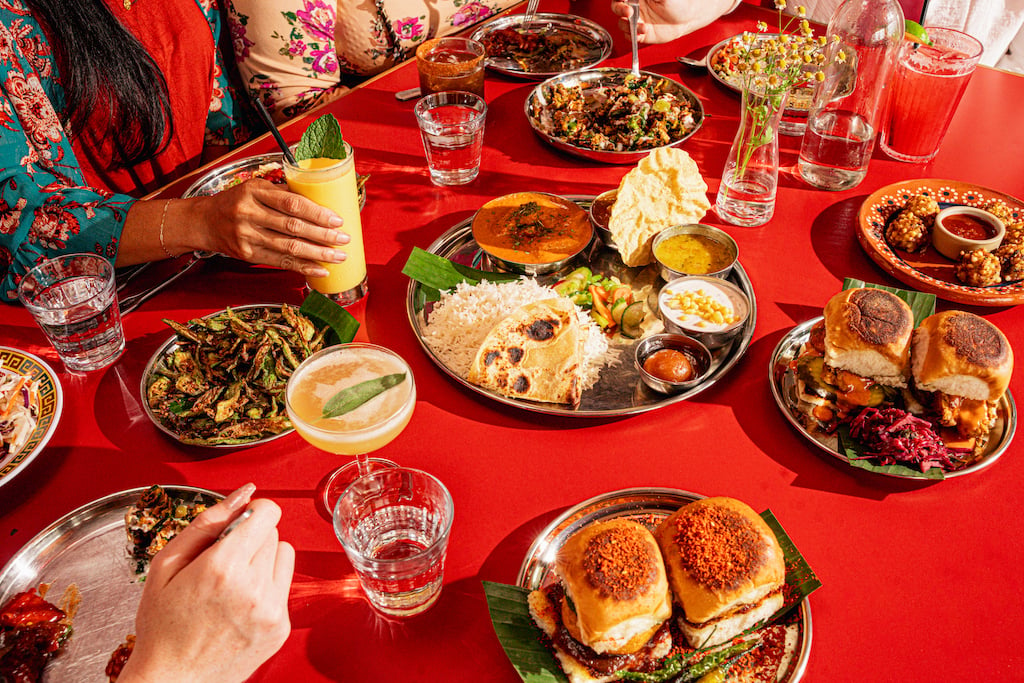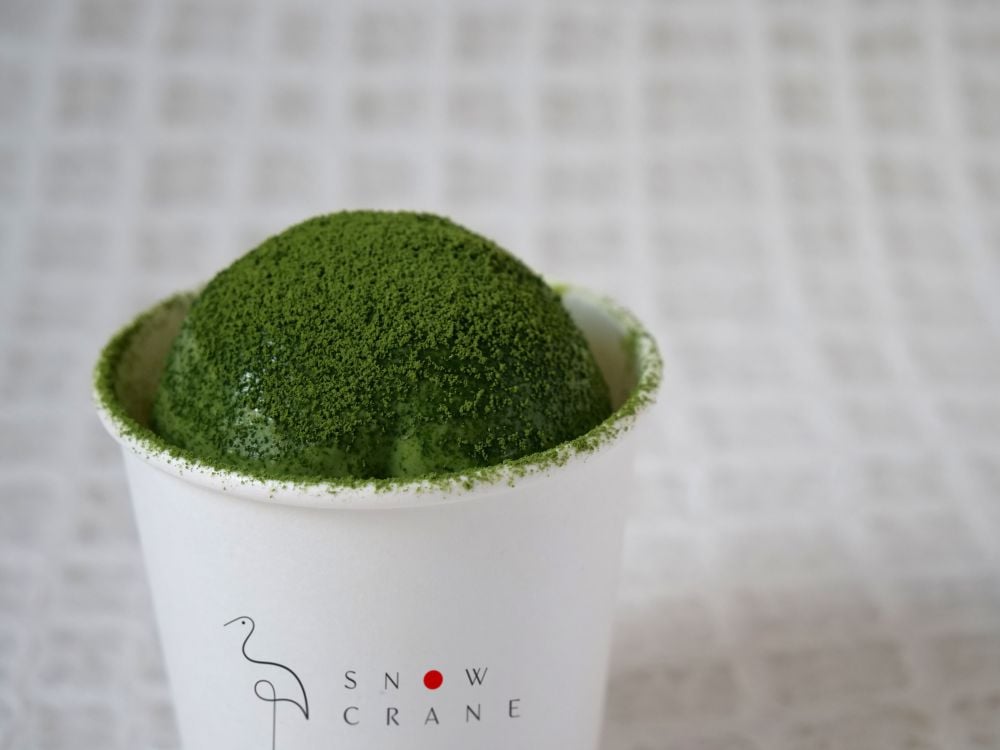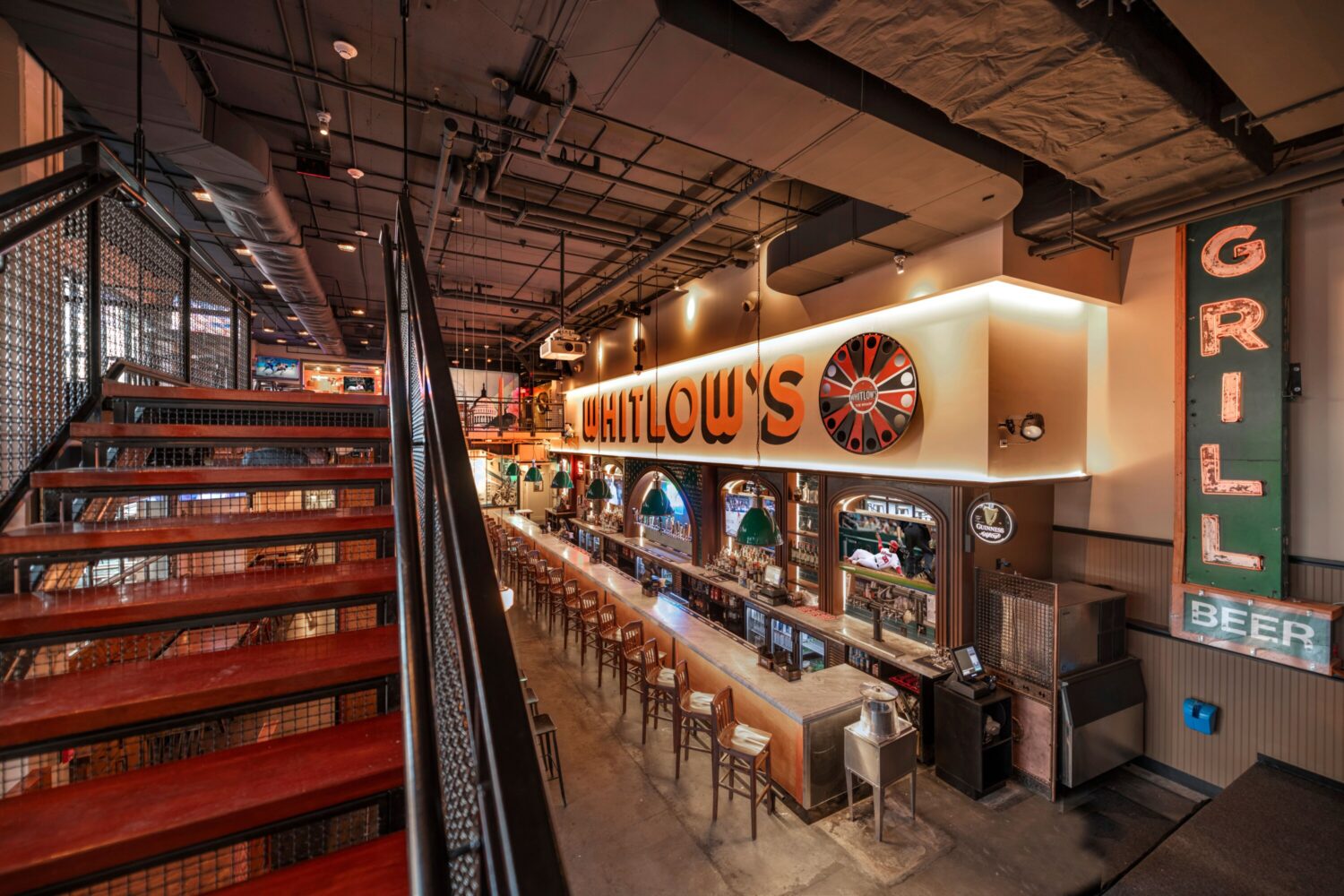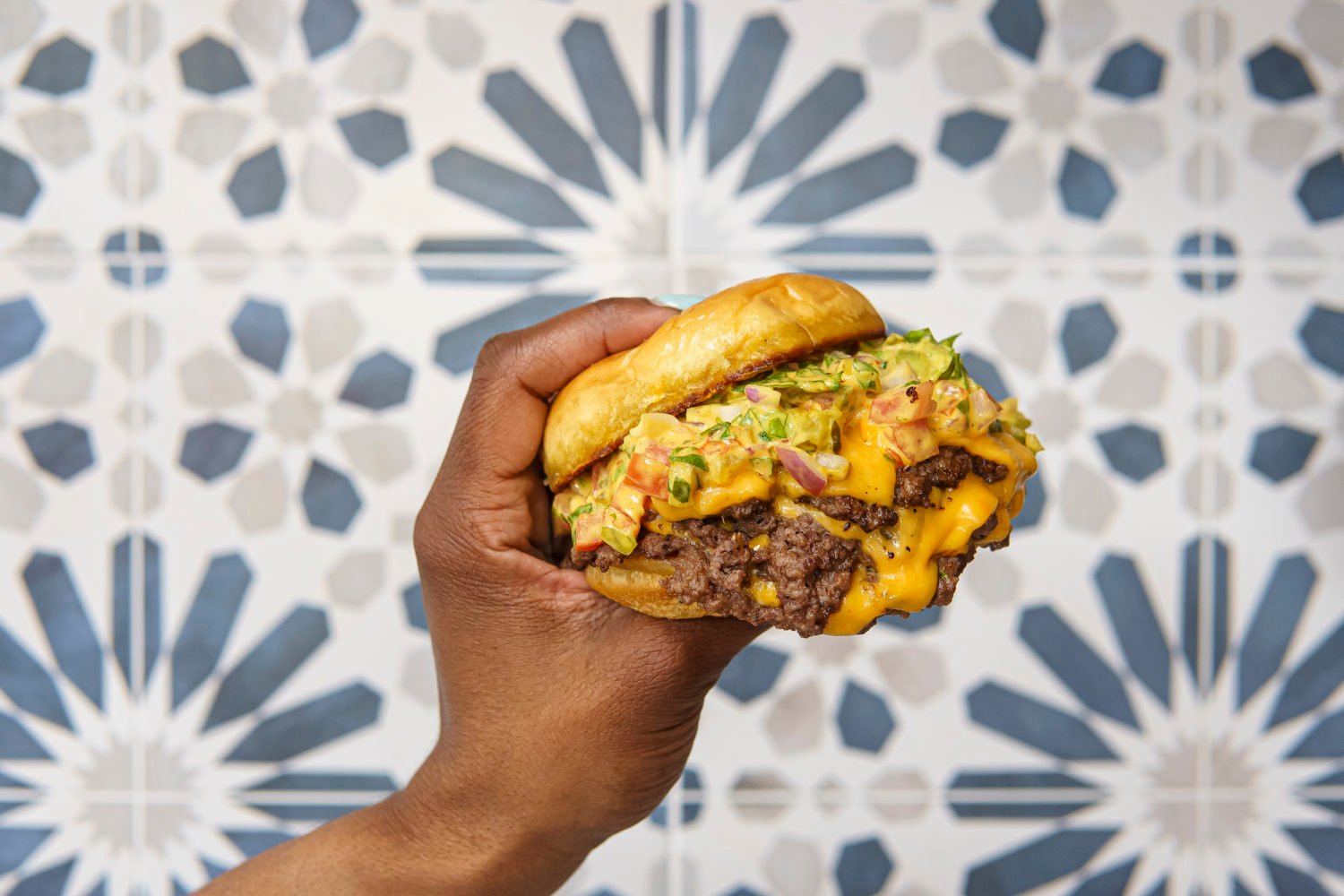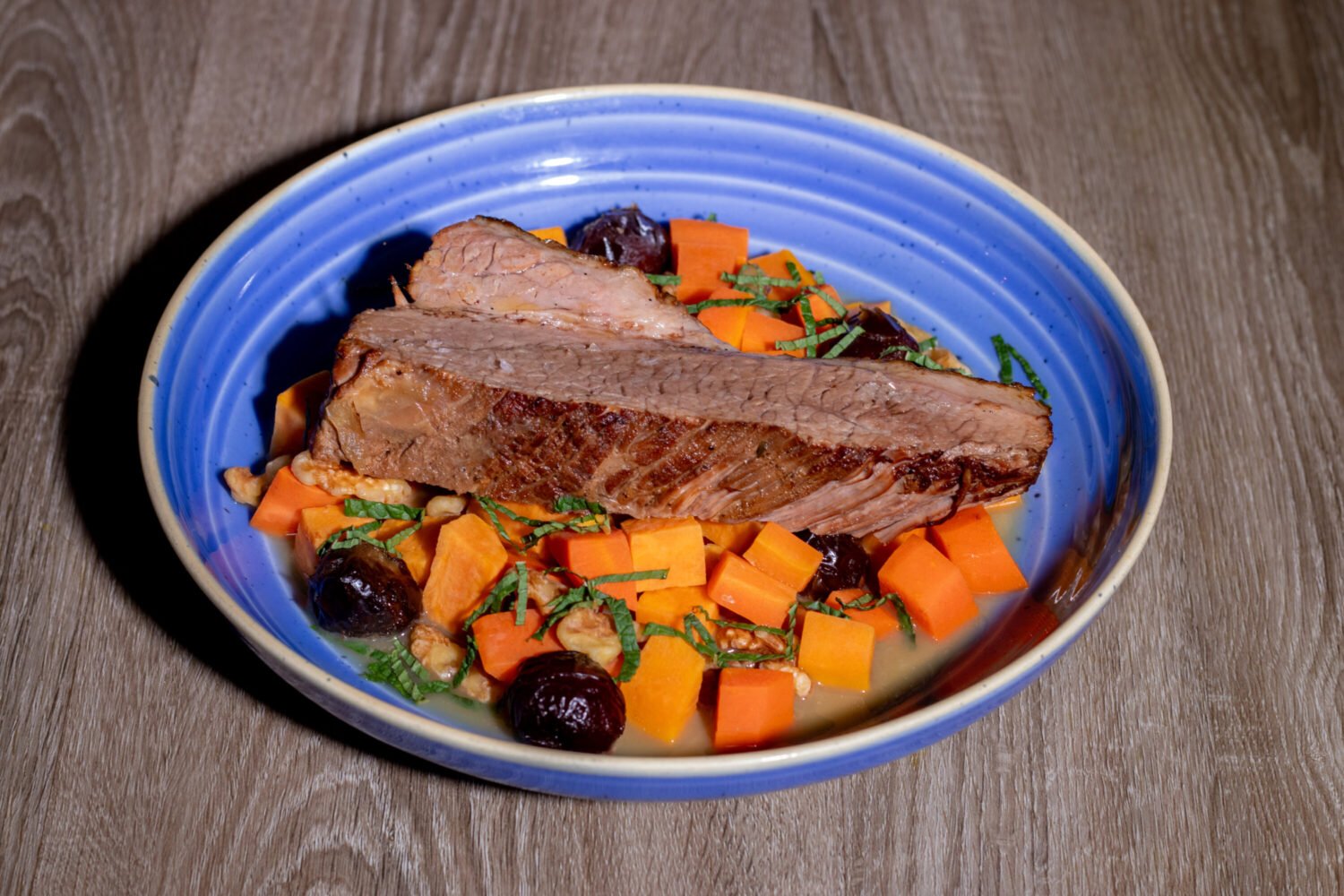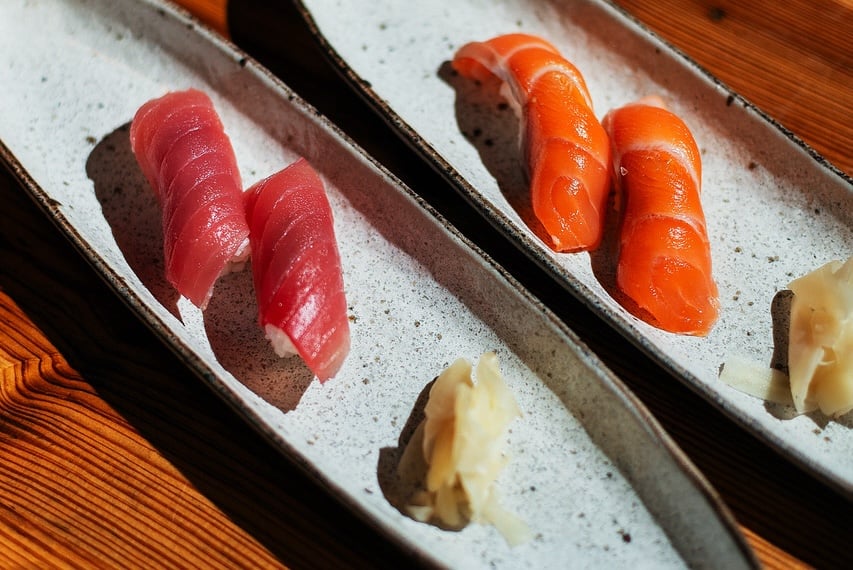About Restaurant Openings Around DC
A guide to the newest places to eat and drink.
Former Hazel chef Rob Rubba gave up meat last year. Now, he’s teamed up with fellow vegetarian, Estadio owner Max Kuller, and barman Adam Bernbach to open Oyster Oyster—a restaurant where “sustainability” aims to be more than a buzzword. The trio just signed a lease for a space at 1440 Eighth St., NW in Shaw. While the restaurant won’t open until late spring or early summer, the team will host a pop-up focused on root vegetables at wine bar Maxwell Park on January 20 and 21.
Oyster Oyster refers to the bivalve and the mushroom—both ingredients with environmental benefits that will make appearances in Rubba’s local “vegetable cookery.”
“We don’t want to say it’s a vegetarian restaurant, per se,” Rubba says. “But we’re not going to have any factory-farmed meats. There will be no land animals. And as of now, we’re not thinking of any fish.”
Rubba is making an exception for oysters (and possibly mussels) because of their importance filtering water and providing a reef for other creatures in their ecosystem. “So much other life thrives off them just being there,” Rubba says. The same goes for mushrooms, which enrich the soil and feed other plants.
Don’t expect just a straight raw bar though. Rubba is looking at creative ways of incorporating oysters, whether it’s an oyster fish sauce or oyster aioli. While Rubba’s menu at Hazel had an eclectic global influence, he says his cooking at Oyster Oyster will rely more heavily on local ingredients and seasonality. “Say I want to use a Korean chili paste, I either have to make it myself or I have to find someone who’s doing it locally. I’m not going to buy something in a plastic container that’s been shipped here,” he says.
Keeping with the sustainable theme, the restaurant will serve organic or biodynamic wines. Sommelier Kuller says the limited menu will include varietals from Sonoma, which is known for its sustainability efforts, but also bottles that aren’t “certified” from, say, Uruguay where the wet climate makes it difficult to be 100-percent organic.
“I don’t want to penalize a place because it’s really, really hard to make an organic wine there. If they’re doing everything they can and they’re taking care of their land, then I would certainly use the wine,” Kuller says.
Meanwhile, the cocktail menu from former 2 Birds 1 Stone barman Adam Bernbach will utilize kitchen scraps and show off vegetal and herbal flavors.
If you want to sample the food and drinks before the opening, Oyster Oyster will offer a prix-fixe menu at its January pop-up. Three courses for $35 will include dishes such as shaved celeriac with smoked Chesapeake oyster aioli and spiced sourdough breadcrumbs, as well as sunchoke and potato dumplings with hazelnuts and cabbage in a roasted root and mushroom broth. Wine or cocktail pairings (which will incorporate medicinal roots such as turmeric and licorice) will be available for an additional $30. Reservations are available here. Walk-ins will be able to sample the menus a la carte at the bar only.
Kuller says the pop-up is a chance for the team to experiment with a possible prix-fixe format at the future restaurant. Down the line, they’re also looking to expand Oyster Oyster’s operations all day. The space—located in the City Market at O development—has a small semi-outdoor alcove where they’d like to have a grab-and-go case for sandwiches or tartines as well as a counter for coffee, beer, and draft cocktails. There may even be a pinball machine or two to create a hangout vibe.
Inside, an open kitchen will be the focal point of the 35-seat dining room. The team has been experimenting with growing mushrooms from spores they brought back from California, and they also hope to display and utilize the fungi in the restaurant. In general, plants will dominate the decor, not just the menu.
“We want to green to be flowing all over,” Kuller says.
Here’s the full pop-up menu:
Snack: Mushroom jerky chip, carrot barbecue (not available a la carte)
1st: Shaved celeriac, smoked Chesapeake oyster aioli, spiced sourdough bread crumbs ($12)
2nd: Hakurei turnips cooked in seaweed butter, fermented turnip puree, salad of sprouted grains ($13)
3rd: Sunchoke & Potato dumplings, hazelnuts, cabbage, broth of roasted roots and mushrooms ($15)
Cocktails ($30 pairing):
OO/2 Tonic: gin, celery root, allspice, cinchona bark, Anxo Sidra Natural ($12)
Root Mule: mezcal, ginger, licorice root, Manor Hill Grisette Ale ($14)
Stained-Hands Old-Fashioned: bourbon, charred carrot, turmeric, PX sherry ($14)
Wine ($30 pairing):
NV, Finca Valdosera, Xarel-lo Blend, Brut Nature, Cava, Penedes, Spain ($11/5oz) (paired with the amuse bouche, poured for both cocktail and wine pairings)
2017 Domaine 13 Moons, Jacquerre, Apremont, Savoie, France ($12/5oz)
2014 Channing Daughters, Pinot Gris, “Ramato”, Long Island, NY ($12/5oz)
2017 Boschis, Grignolino del Monferrato Casalese Euli, Piedmont, Italy ($11/5oz)


